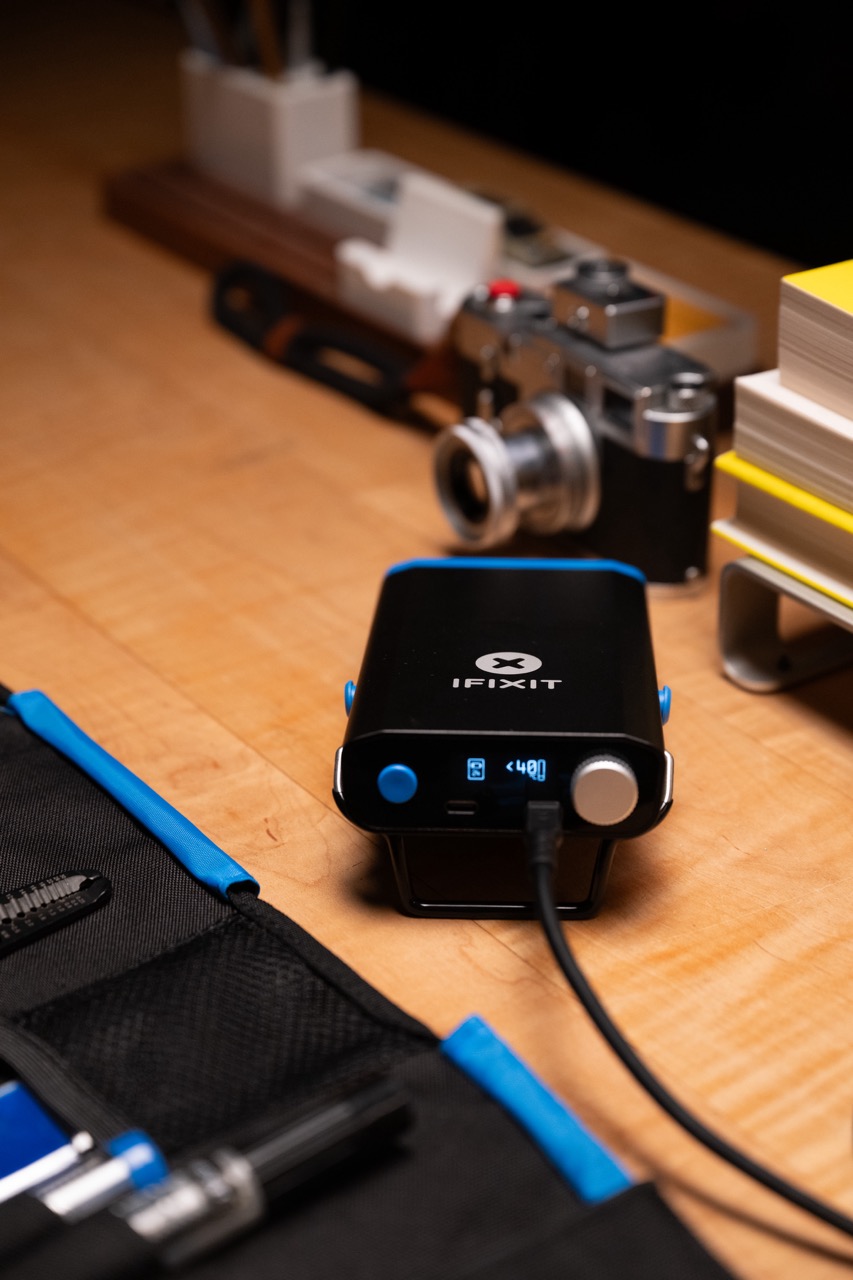Source: OSNews
Article note: I've played with DeX on my Samsung a bit, and it's a surprisingly OK environment. Having first party blessing should make it better.
Does bring up some interesting questions about google's various OS strategies.
To empower tablet users to get more done, we’re enhancing freeform windowing, allowing them to run multiple apps simultaneously and resize windows for optimal multitasking. Today, we’re excited to share that desktop windowing on Android tablets is available in developer preview.
For app developers, the concept of Android apps running in freeform windows has already existed with solutions like Samsung DeX and ChromeOS. Updating your apps to support adaptive layouts, more robust multitasking, and adaptive inputs will ensure your apps work well on large screens across the Android ecosystem.
↫ Francesco Romano on the Android Developers Blog
The long-running saga of Google trying to develop proper freeform windowing support for Android seems to finally be bearing fruit. Countless attempts came and went, usually in developer releases, hidden behind flags, rarely, if ever talked about, but now it’s finally not only part of an Android beta release anyone with a Pixel Tablet can install and try out, Google is also openly talking about and touting it as a feature, so we might actually perhaps maybe see this in a non-beta release at some point.
The way it works is both surprising and rather unsurprising. Instead of the Apple approach, which seems to entail a deep disdain for traditional windowing, Google is pretty much embracing the things we expect a windowing system to have, from window titlebars with close and maximise widgets, to a traditional dock-like taskbar permanently available at the bottom of the screen. If you click or tap on a little downward arrow on the titlebar, you can choose options like displaying windows side-by-side, much like on Windows. A very welcome ‘feature’ is the ability to tear off Chrome tabs and turn them into their own windows, just like in a traditional desktop environment.
Google also opted for an interesting approach that reminds me somewhat of the “desktop” mode on Windows RT. Since Windows RT was ARM-based and entirely locked-down, the only classic Win32 applications you could run were those bundled with Windows as well as Microsoft Office. To access these, Windows RT would launch a full-screen tablet application that contained the entire traditional Windows desktop, and you’d run your classic Win32 applications in there.
Android’s new windowing system seems to be doing something similar: once you enter the freeform windowing mode, all future applications will also launch as windows. In the task switcher, however, they’re all contained within a single “desktop” entry that you can close if you want to. That desktop entry seems to take the shape of a live view of the “desktop”, including the various windows you have opened. This way, you can have a dedicated “desktop” with freeform windows alongside any fullscreen tablet applications you also happen to be running. It’s perhaps not the most integrated or elegant approach, but it’s dead-simple and easy to grasp.
This new windowing environment also provides application developers with the option of allowing multiple instances of a single application to be launched, say launching two text editor windows side-by-side. This seems to be a specific property developers need to enable, though, and considering Android’s tablet adoption history, that’s anything but a given at this point. Of course, it shouldn’t come as a surprise that applications need to be able to resize gracefully, too.
If you want to play with it, you’ll need a Pixel Tablet running Android 15 QPR1 Beta 2, or just use the simulator. I really hope this takes off and developers support the various APIs for optimal integration (I’m not getting my hopes up), since proper freeform windowing that doesn’t feel like an ugly, barely functional hack is something I’ve been wanting on Android for a long time.






